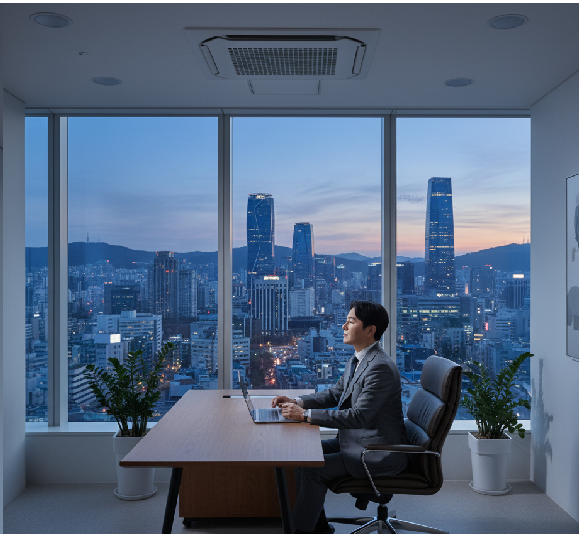Running a high-end venue like Gangnam Jjim-O (강남 쩜오) goes far beyond delivering an evening of luxury and refinement. Behind the polished service and impeccable reputation lies a business model that must constantly adapt to pressures outside its control.
Legislative and political decisions, for instance, can significantly shape the operational expenses. A sudden tariff on imported goods may raise the cost of premium supplies, leaving management with difficult choices
- Increase client pricing
- Absorb the impact on margins
On a local scale, zoning restrictions and licensing requirements determine not just where these venues can operate, but also how they preserve the privacy and exclusivity that define their culture. Much like fine dining restaurants navigating rules for outdoor service, Jjim-O venues walk a fine line between regulatory compliance and maintaining the elevated experience clients expect.
Impact of Geopolitical Decisions on Commerce
Beyond domestic policy, global geopolitical decisions cast a long shadow over business. A trade dispute between two nations can lead to supply chain disruptions. Businesses on the other side of the world may experience shortages, which drives prices.
Currency fluctuations, often influenced by international relations and central bank policies, can also make exporting goods more or less profitable. Global politics and economics means that a business owner must be more than just a manager of day-to-day operations. They must also be keen in observing world economics.
Understanding Market Regulations
Market regulations are another critical factor in the cost equation. For instance, new environmental protection laws may require companies to invest in expensive new technology to reduce emissions.
Health and safety regulations, while essential for employee well-being, often come with the cost of training, equipment, and compliance audits.
These are not optional expenses. These are legally mandated business costs that must be factored into every budget.
Adapting to a Changing Regulatory Environment
Businesses that succeed are often those that are most agile in their adaptation to a changing regulatory environment. They invest in lobbying efforts, engage with trade associations, and maintain a close watch on proposed legislation. Anything that could impact their industry, they are quick to react.
By anticipating changes in policy, they can strategically adjust their operations to mitigate potential financial risks and even find new opportunities.
Costs of Political Decisions on Business Operations
Political and legislative actions often introduce hidden costs that businesses must navigate. Whether it’s a sudden increase in import tariffs, stricter zoning restrictions, or new licensing requirements, these shifts can instantly reshape a company’s finances. Unlike controllable expenses such as labor or marketing, politically driven costs are external and unpredictable. Businesses that fail to account for these changes risk eroded profit margins and reduced competitiveness in their markets.
Why Gangnam Jjim-O Strictly Follow Regulatory Compliance?

Compliance with market regulations is not just a legal requirement, it is a strategic investment. Companies that prioritize environmental standards, health and safety policies, and labor laws position themselves for long-term growth and sustainability.
While the upfront costs of compliance, such as technology upgrades or employee training, can be high, they often prevent larger financial risks like fines, legal disputes, or reputational damage. Forward-thinking businesses leverage compliance as a competitive advantage, signaling reliability and responsibility to both consumers and investors.



